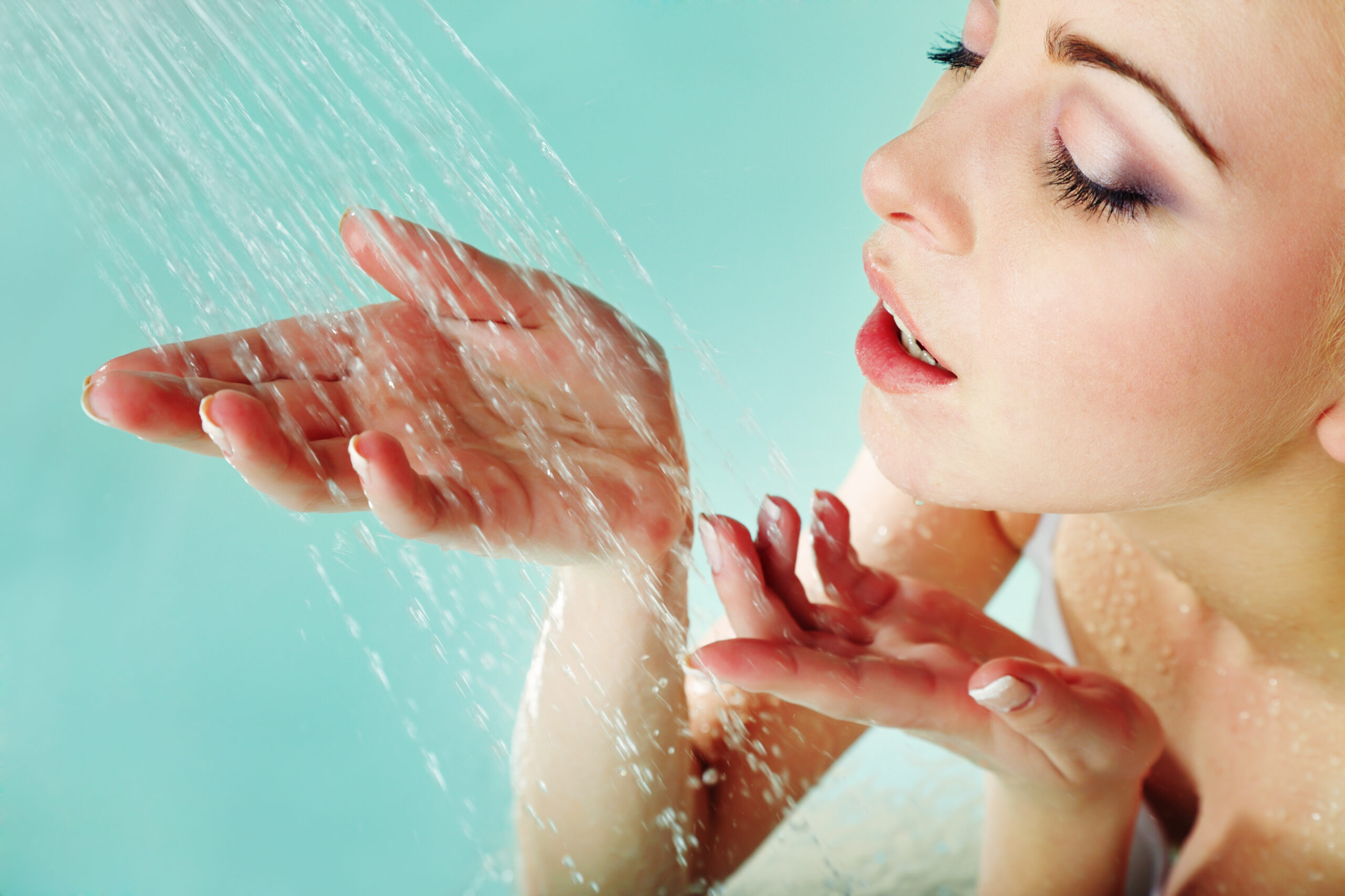Table of Contents

Emotional showers have emerged as a breakthrough wellness trend, offering therapeutic benefits far beyond basic hygiene through a sophisticated blend of water, light, temperature, and scent.
At a Glance
- Emotional showers combine multiple therapeutic elements including thermotherapy, hydrotherapy, chromotherapy, and aromatherapy to create positive emotional responses
- High-end hotels and spas worldwide now offer specialized emotional shower experiences designed to stimulate metabolism, nervous system function, and improve blood flow
- Research shows 74% of people regularly cry in the shower, highlighting its natural role as a private emotional release space
- Studies indicate that immersion bathing provides greater physical and mental health benefits than standard showering
- Both traditional shower crying and professional emotional shower services offer unique therapeutic advantages for mental wellbeing
The Rise of Emotional Shower Therapy
Emotional showers have become the latest wellness trend offered at luxury hotels and spas worldwide, transforming the standard shower experience into a multisensory therapeutic session. Unlike the common practice of "shower sobbing" for emotional release, these professional services deliver a carefully designed blend of sensory elements to create specific emotional responses. The treatments combine thermotherapy, hydrotherapy, chromotherapy, and aromatherapy to stimulate metabolism, nervous system function, and improve blood circulation in ways that support both physical and emotional wellbeing.
The concept builds on the well-established psychological phenomenon that showers naturally provide a private environment conducive to emotional processing. Neuropsychologist Georgina Sturmer explains the psychological mechanics behind this effect: "When we are in the shower, it's an opportunity to step away from the distractions of everyday life. In a world where we are connected 24/7, and 'on show' much of the time, a shower might be one of the few places where we are truly just with ourselves."
The Science Behind Emotional Bathing
Research provides strong evidence for the therapeutic benefits of water-based treatments. A randomized controlled trial with 38 participants over four weeks compared the effects of immersion bathing versus standard showering. The results were significant—participants who engaged in immersion bathing showed measurable improvements in fatigue, stress, pain levels, and even displayed more frequent smiling. Additionally, these participants demonstrated better scores in general health, mental health, emotional regulation, and social functioning compared to the shower-only group.
Emotional showers in spas incorporate specific elements that enhance their therapeutic value. Chromotherapy uses colors to evoke particular emotional states—blue light promotes relaxation, while red stimulates energy. The Cleveland Clinic notes that hydrotherapy has applications beyond relaxation: "People with several [health] conditions can benefit from using water in different forms and at different temperatures to feel better." Some facilities even incorporate music therapy to create a fully immersive sensory experience designed to reset the nervous system.
The Therapeutic Benefits of Traditional Shower Crying
While luxury emotional showers offer structured therapeutic experiences, traditional shower crying serves as an accessible form of emotional therapy. Survey data indicates that 74% of people regularly cry in the shower, confirming its widespread use as a natural emotional release mechanism. This private space allows for uninhibited expression of feelings without judgment or interruption. The combination of warm water, white noise, and privacy creates ideal conditions for processing complex emotions and reducing stress hormone levels.
The physical benefits of bathing extend beyond emotional release. Dr. Amy Zack, a family medicine provider, emphasizes that "Bathing cleans your skin, helping you avoid irritation, inflammation and sores caused by dead skin cell accumulation. It can also help you clear away the bacterial and fungal load from contact in your environment." For those seeking enhanced therapeutic effects, adding Epsom salts can provide additional muscle relaxation and pain relief, though moderation is recommended to prevent skin dryness.
Implementing Emotional Bathing at Home
While professional emotional shower services offer sophisticated sensory experiences, many of the therapeutic elements can be incorporated at home. Temperature variation—alternating between warm and cool water—stimulates circulation and nervous system response. Adding essential oils like lavender for relaxation or citrus for energy creates a simple form of aromatherapy. Even basic practices like setting aside dedicated time for showering without distractions can enhance the emotional benefits of your regular bathing routine.
For those with limited time, even brief cold showers may offer benefits. Research suggests that cold water exposure activates the vagus nerve, potentially improving stress resilience and emotional regulation. For maximum therapeutic benefit, experts recommend creating a consistent bathing ritual that incorporates mindful awareness of sensations and emotions, allowing the shower to serve as a dedicated time for both physical and emotional cleansing.
AD
Most Recent
AD
